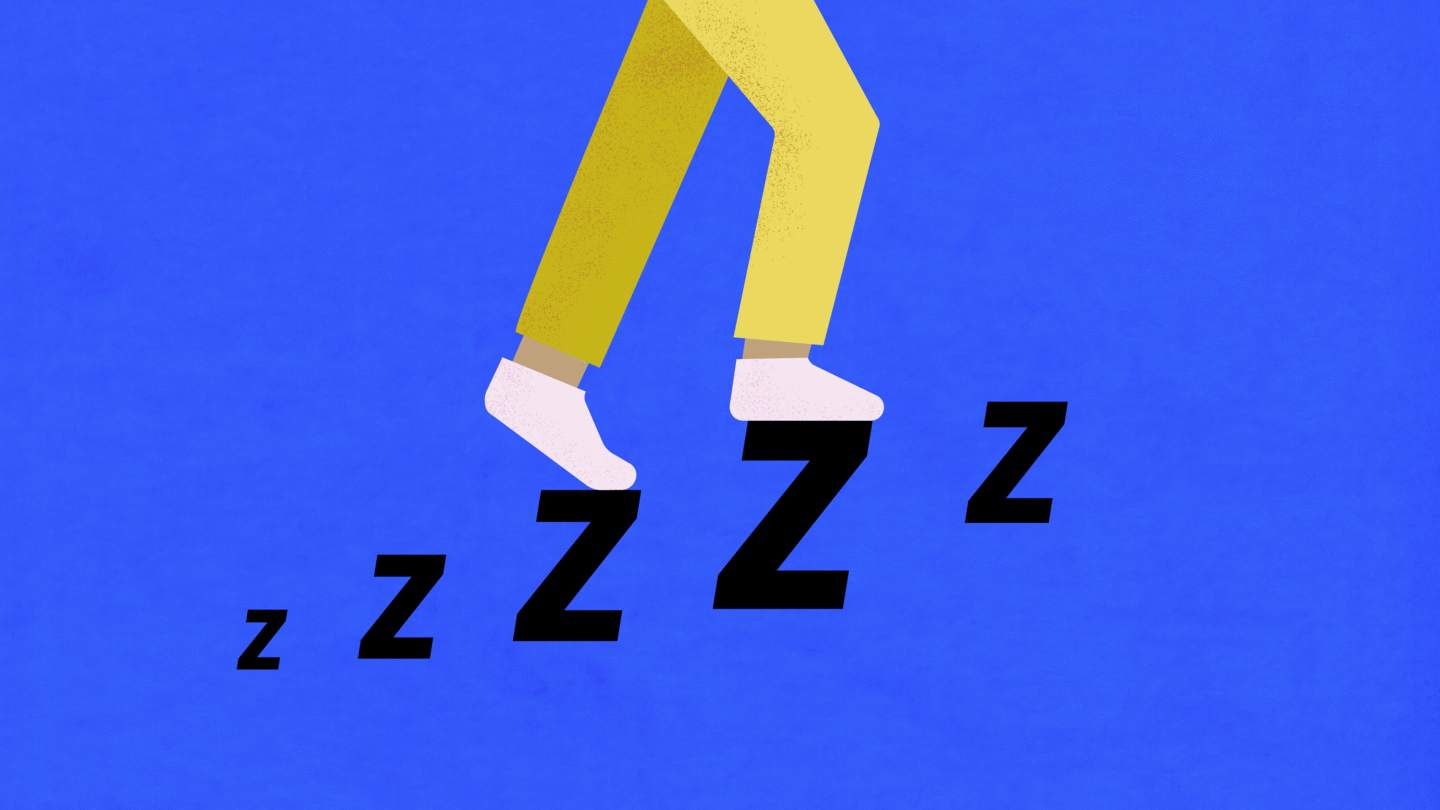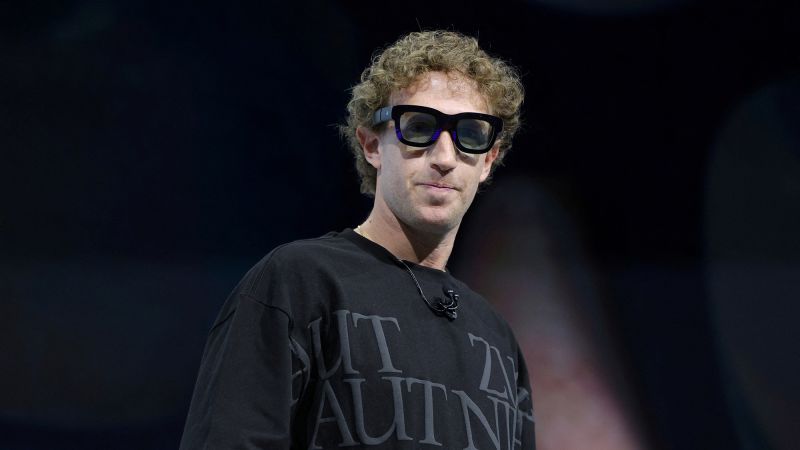
Gloria Mark is the chancellor’s professor emerita of informatics at the University of California, Irvine, and author of the book “Attention Span.” She writes the Substack newsletter The Future of Attention, where a version of this essay first appeared.
Six years ago, I bought a sleep-tracking ring. My interest came out of a research project I was working on at the time. My team and I were studying the behavior of 750 people across the United States for a year. Participants wore smartwatches to measure stress, activity, and sleep. Bluetooth devices tracked their location, and we prompted them throughout the day to report on their emotions. Looking for correlations between sleep, stress, and activity motivated me to track my own sleep.
Before I used the tracker, I relied on my body’s signals to determine if I felt refreshed and alert or sluggish and drowsy. But once I got the ring, the first thing I did when I woke up was to check my sleep score. The data contains a range of measures: time to fall asleep, total time asleep, time spent in REM and deep sleep, number of times awake, and an overall measure of sleep. The aggregate score on a scale of 0 to 100 shaped my mood for the day.
Get Internacional de la Comunidad
España: denuncian que es “ilegal” la entrega de la medalla de Madrid que Ayuso le dará a Javier Milei.
Enter Email
But sometimes the sleep data didn’t align with how I felt. A score of 70 might correspond with feeling sharp and energetic, while a score of 92 sometimes coincided with me feeling tired and drowsy instead.
Advertisement
Yet I gave the tracker more weight than the signals in my own body. If the score was high, I powered through the day, rather than listening to my body to take it easy. Of course the data can be wrong, but I had shifted from using the tool as a guide to relying on it as an authority.
Advertisement
There is actually a term for this: orthosomnia — an unhealthy preoccupation with technology to perfect sleep, which can, ironically, lead to anxiety and worse sleep quality. But such a reliance is not unique to sleep apps. We track our steps, our eating, and much more.
Was I dependent on my sleep app? Or was it just a habit? Did it matter?
Habits develop as repeated behaviors strengthen neural pathways, making use of what’s called neuroplasticity. A habit is formed when we perform a particular behavior consistently. Seeing my phone nearby when I woke up was my cue to open the sleep app to check my data. The more frequently a behavior is performed, the stronger the habit becomes. And the more familiar the behavior becomes, the less cognitive effort is needed for implementing the behavior. Eventually the behavior becomes automatic.
I had developed a mindset in which checking my sleep app had become more or less automatic. The problem is that I ignored other information, like my own body’s signals.
A study by researchers at University College London investigated how long it takes for a habit to become automatic. Participants were asked to regularly do healthy things like eating fruit or drinking a bottle of water with lunch or exercising before dinner. They found that it took an average of 66 days for new behaviors to become automatic, and the repetitions in the early days of establishing the habit were the most important. This means that the beginning of a new routine is when habits embed most deeply.
Advertisement
Habits often begin with goals: I used the sleep tracker to improve my sleep. Someone might initially turn to social media with the goal of being entertained, of seeing if a friend posted an update, or of procrastinating. But over time, seeing our smartphone on the table becomes a cue and then we automatically pick it up and swipe it open — even sometimes during a conversation. The habit is formed, and the original goal may no longer be relevant.
A habit forms with repetition; a dependency satisfies a need. Checking news fulfills a need to find out what’s going on in the world, using a calculator reduces the need for cognitive effort, and texting might satisfy a need to save the time and effort involved in making a phone call or meeting face to face.
Not all of these lead to dependency. But when reliance on apps and media grows so strong that self-regulation weakens — when we feel we can’t function without the tool — dependency takes hold. I became so dependent on my sleep app that I panicked if I woke up realizing I forgot to charge the ring.
My goal in purchasing the sleep tracker was to improve my sleep. But what I didn’t count on was that using it made me lose trust in my own body to signal how alert or drowsy I felt.
The line between habits and dependency is blurry. But digital technologies make both easy to form because they are so deeply woven into our daily lives.
Advertisement
We can use our smartphones without forming a habit or dependency, as when scanning a QR code or ordering an Uber. But problems arise when usage undermines important aspects of life: relationships, work, or as in my case, awareness of my own body.
The real challenge isn’t whether we use technology but in how we use it.
Awareness is the first step: When you pick up your device, ask yourself what purpose the device or app is serving at that moment and whether it meets a genuine need or simply reinforces a habit.
I now use my sleep tracker differently. I check it at the end of the day rather than first thing in the morning. I treat the data as just one input. It is no longer the authority, the centerpiece, and I’m now listening more closely to my body’s signals than to my app’s data.



